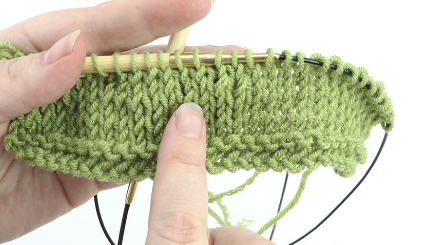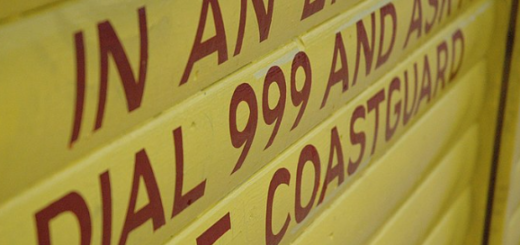Be free from financial worry at home
It’s an all too common scenario. Regardless of income or best intentions, there comes a point in most people’s life when financial anxiety begins to affect home life. It seeps into your thoughts and affects everyday actions, impacting on relationships, family life and work. Anxiety does that. Seeps in slowly, possibly unnoticed, until it gathers momentum and becomes a torrent, hard to reign in. A little like financial difficulties, which may start small but can become increasingly hard to overcome. However, the good news is recovery is possible and, by following the steps below, not only can you recover but you can prevent the downward spiral from repeating itself.
1/ Write down you outgoings
Whilst this may seem obvious, it is worth noting. Write down everything. Not only the large, monthly bills but the little treats that would otherwise go unnoticed. That coffee you picked up this morning? That was £3.15 and it was the third one this month. It is easy to lose track of £10 when it’s frittered away (as a side note, a coffee maker at home is a super investment in the long term. Your daily coffee can be made before you leave the house, kept warm in a flask and taste exceptionally better than a shop bought drink). Once you have written down your outgoings for a month, highlight all the non essential spends and you will soon see how much money you could be putting to one side ——
2/ Talk to somebody
Financial worry is an enormous burden to carry round by yourself. Often, just talking to somebody can help put things in perspective. Certainly, it is important to be honest with your partner and family (it is amazing how understanding children can be about not having that ice cream if you have sat them down and explained why). If you can, speak to somebody outside of your immediate circle who can offer an objective and impartial opinion. Most banks will be able able to provide free advice on how best to manage your bills and may also be able to offer some more detailed advice on the best way to move forward.
3/ Change providers
Admittedly, this one takes time but the rewards reaped will be more than worth it. Shop around for the best deals on your providers of gas, electricity, car insurance — and change them when they are due for renewal. Insurance providers are particularly good at relying on people automatically renewing their policy and can add up to £100 onto an annual policy—that’s a lot of money for being a loyal customer.
4/ Use your money wisely
Once on track, there are some further questions that you will need to answer. Such as, what to do with your spare money? Yes, that’s right, spare money. By being sensible such as following the steps above, there will be a time when you will need to decide what to do with your spare money. Do you save or invest? Do you allow yourself a little treat? Certainly, don’t deny yourself. Though stay on track. Remember point 1? There are, in simple terms, three things that you could do with your spare money: spend, save or invest. We’ve touched upon the spending so, do you save or invest? As a general rule, it is sensible to have that infamous ‘rainy day’ fund so do try to save around 10% of your monthly wage. After that, you can afford to experiment. Investing means placing your money into something and trying to make it grow, usually based on research. An example may be placing some money by trading into stocks and shares (take your time doing your research here and don’t be afraid to ask for advice. Use a reputable platform such as CMC Markets). Again, take it slowly and be sure that you can afford to invest as oppose to save the money. Remember, an investment is not a guaranteee that your money will grow.
Above all, allow yourself to spend time assessing and managing your finances. Once you have done this, you will see the benefits begin to add up and eventually you can enjoy the rewards that you have worked to deserve.















